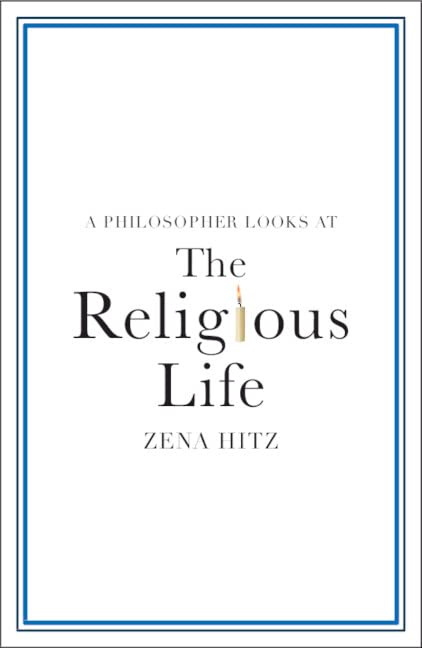WRB—Nov. 16, 2022
I do declare!
So it is a Managing Editor who speaks, and who says:
To do list:
[A reader told me this weekend that she loves to read the WRB—when she finds it in her junk folder. If you’re not so scrupulous about sorting through your e-trash as this devoted fan, remember to add this email to your contacts, reply to us with some witticism, forward this email to your favorite unsubscribed friends, et cetera, to deal with the “junk” filter issue. —Chris];
order a tote bag or now a MUG;
avail yourself of our world-famous classified ads, now stored on this page for non-paying readers to access, either by placing or responding to one;
and,
Links:
In the new Harpers, Sasha Frere-Jones asks, “What’s the deal with audiophiles?”: “Against my better judgment, I found myself becoming an outlet for the resentments and niche preoccupations of the people who make speakers. Despite their shared passion, this group does not a happy family make.” Related: this big story for Vulture about Peter Jackson’s Beatles documentary. [Also, I’ll just group these here under the Department of Pop Culture: a fun revisiting of the wonky novelization of the first Star Wars film and a fun revisiting of “Lose Yourself” and 8 Mile. —Chris]
For The Millions, Bryan VanDyke reflects on Mary Shelley and the writing process: “All young writers feel this way at some moment. Full of hope but also full of doubt. Kinetic and dull at once. Imagine being Mary Shelley: while she was still a teenager she caught hold of an idea big enough to carry her name forward 200 years and counting.” [I was just revisiting Charlotte Gordon’s wonderful dual biography of Shelley and Wollstonecraft last week, so I was happy to see this piece. —Julia]
Reviews:
For The Nation, Sarah Chihaya reviews Ian McEwan’s new novel (Lessons, September): “In contrast with McEwan’s other recent work, Lessons is not just an exercise in acting out dramatic issues in current affairs or in historical scenarios; here he seems to want to use his own trek through the 20th and 21st centuries to ruefully look back at a Britain that no longer exists and then to gently interrogate the role his generation played in its undoing. One can’t help but admire the restraint it takes to do this in such a fashion that does not overwhelm the book with either a nostalgia overload or overt preachiness—but in the cautious balance that McEwan achieves here, he ends up providing readers with a novel that lacks dramatic and emotional tension. The problem, simply, is this: Lessons is a very boring book.”
For First Things, Jacob Philips reviews Chuck Klosterman’s recent book about the 1990s (The Nineties: A Book, February): “But again, even here, one wonders if it isn’t all a bit too Gen X. This even-handedness bespeaks a time when principled convictions didn’t really seem to matter because we’d reached the end of history, and a self-referential irony could rediscover a conceited authenticity within the deceits of consumer capitalism.”
For The Walrus, Dimitri Nasrallah asks who would ever want to read John Irving’s latest 912-page novel (The Last Chairlift, October): “Readers familiar with Irving’s career will know what to expect from The Last Chairlift. Wrestling, sexual confusion, New Hampshire, prep schools, strong mothers, absent fathers, muted characters, improbable plot twists—all these tropes make encore appearances. They form a kind of winking mythology for Irving’s long-time admirers and act as ammunition for his detractors, who feel he too often retreads the same ground. In 2005, Kirkus Reviews castigated Until I Find You, a novel of similar length, structure, and autobiographical bent, for putting readers through ‘nearly 700 pages of repetitive, self-indulgent twaddle.’ Some people will inevitably think the same of The Last Chairlift, though Irving has remained unapologetically steadfast in his craft across six-odd decades.”
N.B.:
Diner paintings. (h/t Alan Jacobs)
New issues of McSweeney’s and the European Review of Books are coming in December [A print subscription to ERB is pretty exorbitant to get in the US; it’s a lot cheaper to find a distributor. I got issue 1 from Iconic Magazines. —Chris].
Neat new projects:
Brad Bigelow of the Neglected Books website has a big update on his Recovered Books imprint with Boiler House Press.
“Sutherland Quarterly is a new series of captivating essays on current affairs by some of Canada’s best writers, published individually as books and also available by annual subscription.”
Upcoming book:
March 31 | Cambridge
A Philosopher Looks at the Religious Life
by Zena Hitz
From the publisher: What is happiness? Does life have a meaning? If so, is that meaning available in an ordinary life? The philosopher Zena Hitz confronted these questions head-on when she spent several years living in a Christian religious community. Religious life—the communal life chosen by monks, nuns, friars, and hermits—has been a part of global Christianity since earliest times, but many of us struggle to understand what could drive a person to renounce wealth, sex, children, and ambition to live a life of prayer and sacrifice. Hitz’s lively and accessible book explores questions about faith, sacrifice, asceticism and happiness through philosophy, stories, and examples from religious life. Drawing on personal experience as well as film, literature, history, biography, and theology, it demystifies an important element of contemporary culture, and provides a picture of human flourishing and happiness which challenges and enriches modern-day life.






